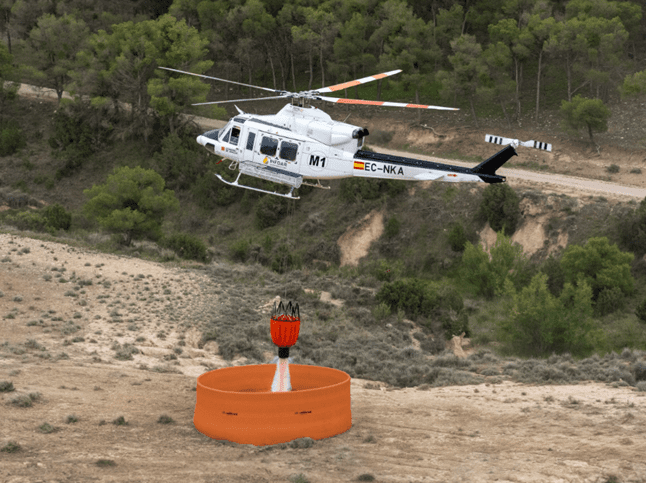The Extinguishing Section of Euralarm has published a guidance document on Integrated fire protection solutions for lithium-ion batteries. This new Euralarm guideline provides information on the issues related to the use of lithium-ion batteries, how fires start in batteries and on how they may be detected, controlled, suppressed and extinguished. It also provides guidance on post fire management. Excluded from the scope are explosion and ventilation issues.
Lithium-Ion batteries have become the battery technology of choice in a variety of areas, including amongst others, power generation, communications, industrial, vehicles and many other applications. Active control of the energy being stored and extracted from lithium-ion batteries has been the foundation of their increasing popularity. The relatively low frequency of major incidents is testament to the effort and successful design applied to the critical aspect of using such high-density energy products. However, active control of the battery energy is not sufficient to prevent safety-critical situations and multiple levels of defence are needed to minimise the serious consequences of a failure in a lithium-ion battery.
The increasing number of lithium-ion batteries and an increasing amount of stored energy in different energy storage applications present a new type of fire hazard where fire protection is challenging. Key issues in any fire protection system are the selection of the most appropriate agent for the specific hazard, system layout, the correct discharge of the extinguishing agent, as well as correct installation, the use of approved systems and constant maintenance by appropriately trained staff.
The guidance document ‘Integrated fire protection solutions for lithium-ion batteries’ is intended as guidance for all professionals dealing with fire safety, fire protection, extinguishing and fire suppression in connection with the use, storage or transport of lithium-ion batteries and their fire risks. Aspects of consumers products are not covered in this guidance.
The document is intended as general guidance and is not a substitute for detailed advice in specific circumstances. It represents the current understanding of the industry and will be updated as more information becomes available.
To read more exclusive features and latest news please see our February issue here.
Media contact
Rebecca Morpeth Spayne,
Editor, International Fire Buyer
Tel: +44 (0) 1622 823 922
Email: editor@firebuyer.com









